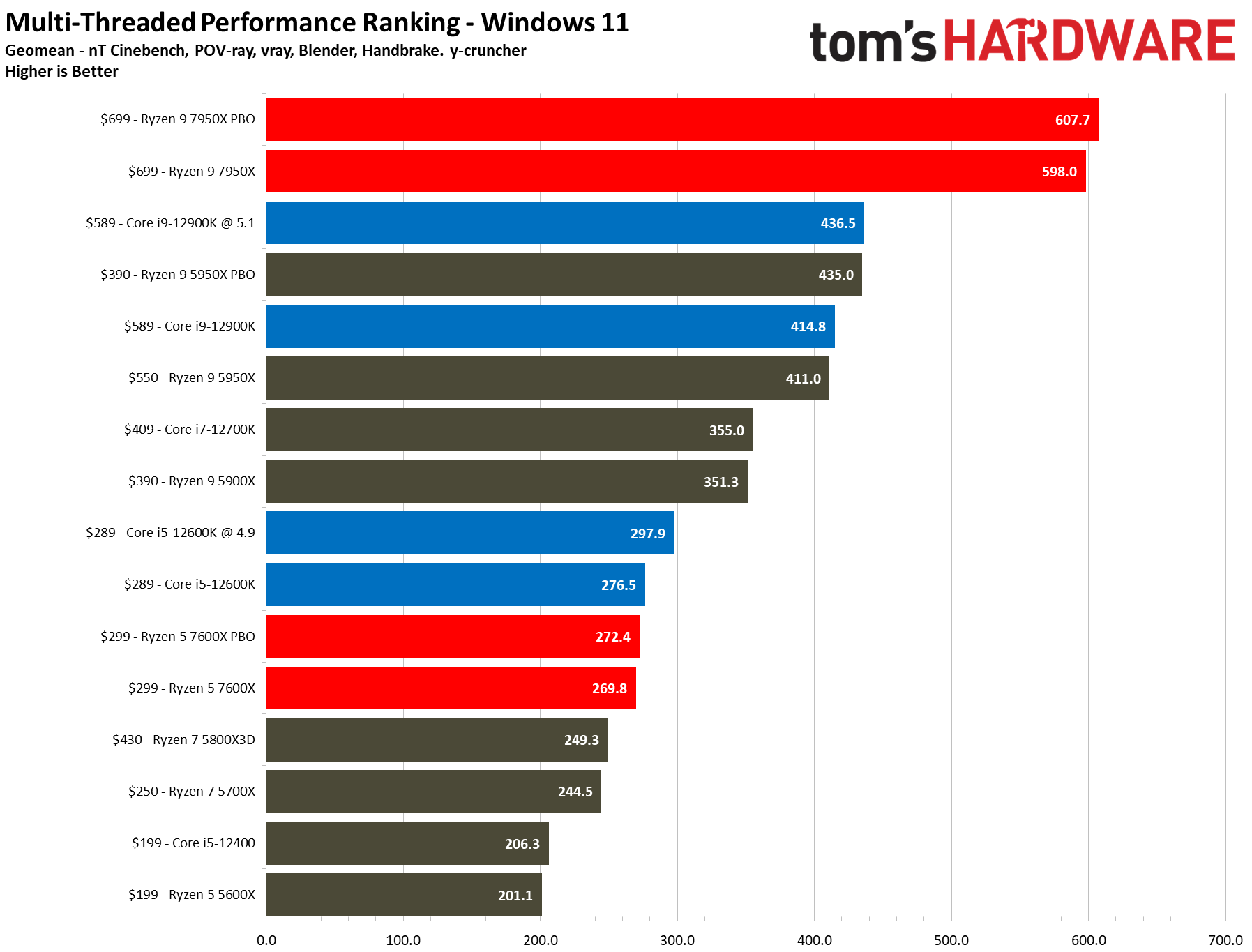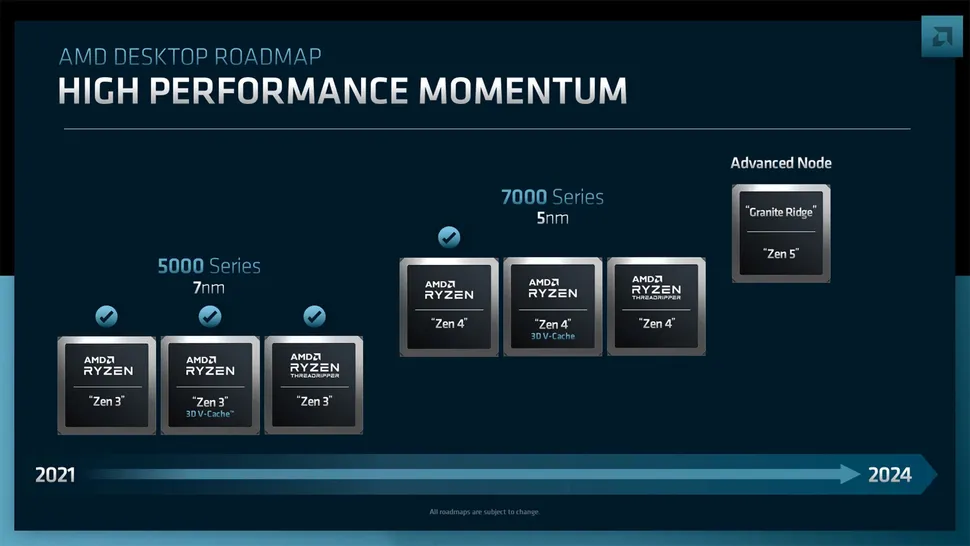^^This. You beat me to it. However, I'm not so sure how much (if any) the Ukraine war is affecting CPU sales, but I'm sure we can get YoY sales figures from Intel and AMD from that nation prior to the Russian invasion. I can't imagine they did a lot of regular PC hardware upgrades as builder enthusiasts or OEM PC/laptop buyers.
And along that note, I'd like specifically to see a breakdown of OEM desktop chip sales to the likes of HP, Dell, etc. and then to retailers who just sell the CPUs for the builder community. The PC builder community was in a tight bind due to zero availability of the latest GPUs starting near the end of 2020. That started with crypto demand then the CPU shortage hit from fab closures. I had to wait well into 2021 before I could even get a chance to buy my RTX 3080 Ti in a shuffle lottery win purchase option from NewEgg.
We know what went on with laptops as there was most definitely a spike around the world for their demand, at least in North America and the UK/EU nations, of families (and municipalities that could afford it) buying laptops for their children for remote schooling. Same with companies splurging on new laptops for the push to full time remote working (I was one of those beneficiaries three years ago next month who now works remote full time as our office complex permanently closed).



